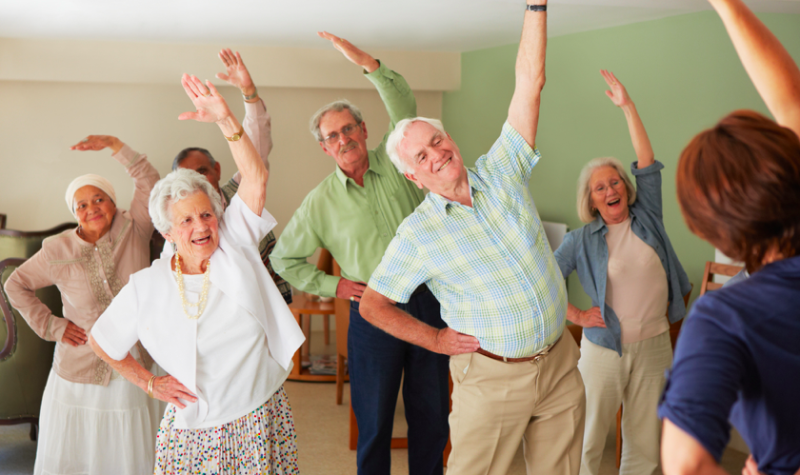We are almost in the month of March, but Safe Communities Wellington County is still raising awareness about February being fall prevention month in the county.
over one-third of older adults will be admitted to long-term care after hospitalization for a fall, according to the organization.
Christine Veit, program coordinator for Safe Communities Wellington County, said they have an action group that is dedicated to coming up with strategies to educate the older adults in the county about how to protect themselves and prevent falls.
“The biggest thing is exercise, for every 50 hours of exercise a fall is prevented,” Veit said.
Veit said also by exercising your muscle tone is that much better because it’s known that once people hit the age of 40-years-old the amount of muscle decreases exponentially.
“Once you hit 40 plus you should be exercising, especially weight training, and so, even if you do fall and you’re exercising, your fall is not going to cause you to go to the hospital,” Veit said.
“Statistics show that the reason why we are focusing on older adults is because falls result unfortunately in hospital stays with older adults that do not exercise,” Veit said.
According to the Public Health Agency of Canada, falls are the cause of 85 per cent of seniors’ injury-related hospitalizations.
Veit said a fall by a senior that doesn’t have muscle tone, that also hasn’t been exercising, their average length of stay in the hospital is 63 days.
She said that 55 per cent of Wellington County are older adults above the age of 55-years-old.
Veit said falls primarily happen in and around the house.
“A big trip hazard is having mats in front of the kitchen sink because it’s a thin layer, but you forget about it, as well as, handlebars in the bathroom, and having double railings going up the stairs,” Veit said.
Veit said seniors can talk to their doctor, as there are many programs out there that will reimburse them for putting certain safety measures in their homes.
She added that there are many safety checklists for seniors to view in almost all the waiting rooms in the county in the family health teams, and they can also be found at a number of pharmacies.
Christine Veit, program coordinator for Safe Communities Wellington County:


